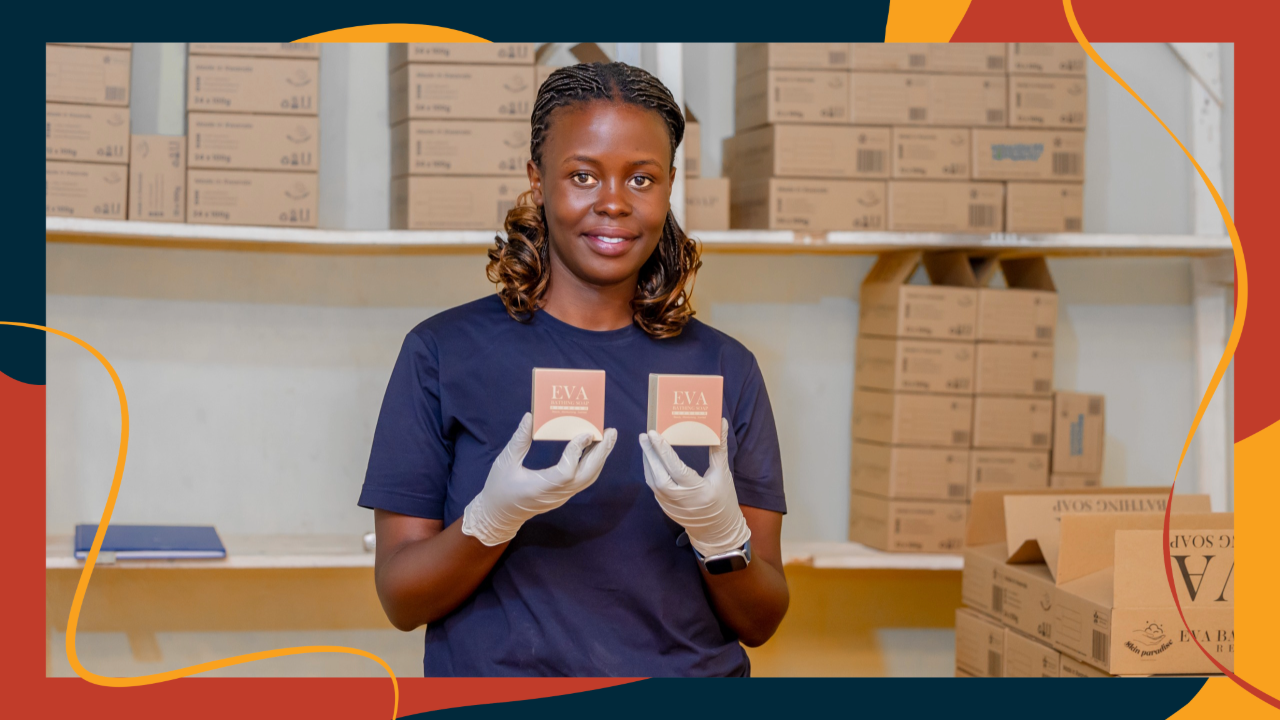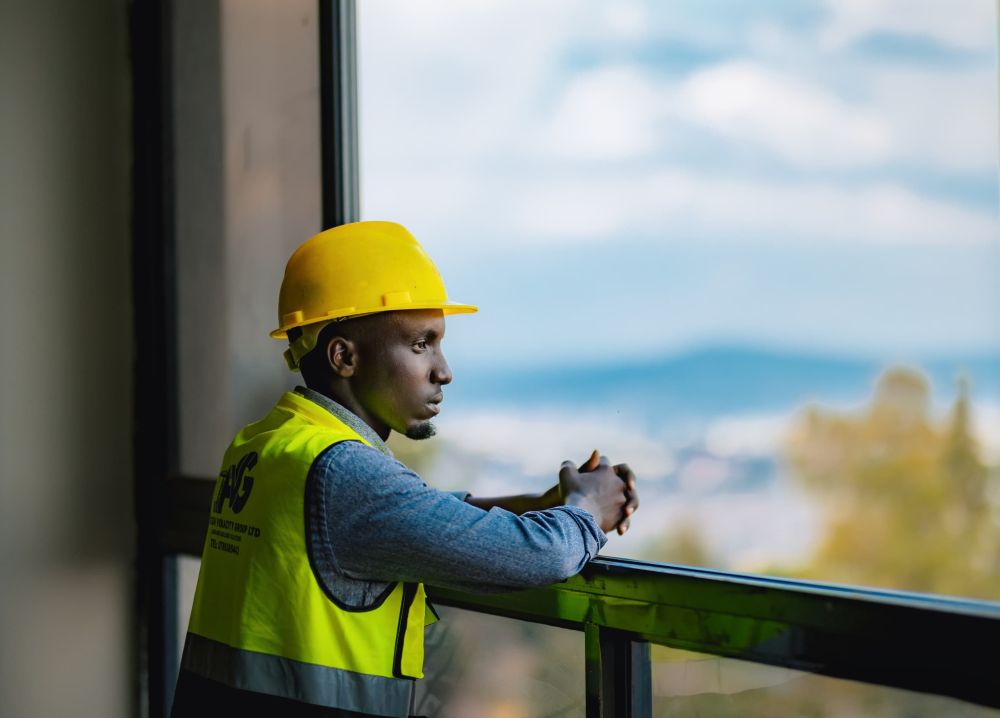In the journey of launching a startup, one of the biggest decisions you’ll make isn’t just about your product, funding, or target market—it’s about who will stand beside you as a co-founder. Picking the right co-founder can make or break your dream. If you’re serious about building a successful startup, you need to pick your co-founders as carefully as you’d pick a spouse.
Here’s why:
- Different hats, different heads
In a startup, everyone wears multiple hats, and not all hats fit the same head. Choosing a co-founder whose skills complement yours is critical. If you’re a marketing whiz, find someone who knows tech. A recent study by CB Insights found that 23% of startups fail due to a lack of the right team. That’s almost a quarter of startup failures, and you can avoid this by making sure your co-founder fills in the gaps where you might fall short.
Take the example of Vuba Vuba. Their success largely stemmed from a well-balanced founding team that combined expertise in finance, technology, and operations, giving them the ability to solve problems from multiple angles. The co-founders didn’t just have overlapping skills; they had complementary strengths that allowed the company to navigate Rwanda’s complex financial landscape.
- Aligned values and vision
No matter how talented or experienced your co-founder is, if you don’t share the same vision or values, the partnership will hit roadblocks. You don’t want to be in a situation where you’re thinking expansion while your co-founder prefers playing it safe. Misalignment in values and goals is another top reason startups disband early, often leading to ugly fallouts.
- Trust, the glue that holds it all together
Trust isn’t built overnight, and you need to pick someone you can trust completely, especially when stakes are high. Rwanda’s startup ecosystem is still maturing, and investors are taking a bigger interest in local ventures. If your co-founder isn’t someone you trust with financial decisions, negotiations, or even team management, the partnership will likely unravel when pressure mounts.
- Handling stress and disagreements
Startups aren’t smooth sailing. You will face stress and disagreements, and how you and your co-founder handle those moments will determine whether your startup sinks or swims. A recent global study found that 65% of startup founders experience conflict with their co-founders. In Rwanda’s context, with many startups emerging in tight-knit communities, having open communication and conflict resolution skills can make all the difference.
- Financial transparency and compatibility
Money talk can be uncomfortable, but it’s necessary. The financial health of your startup depends on transparency between you and your co-founder. From splitting equity to managing cash flow, both founders must be on the same page. If one person is risk-averse while the other is comfortable burning cash in the short term, you’ll be at loggerheads.
- Resilience in the face of failure
Not every idea will succeed, and some startups will fail. The co-founder you pick should be resilient enough to stand with you when things go wrong. Rwanda’s entrepreneurship culture, while promising, still comes with challenges like limited access to capital and a sometimes slower-to-adopt market. Your co-founder should be as passionate about bouncing back from failure as they are about the initial launch.












































